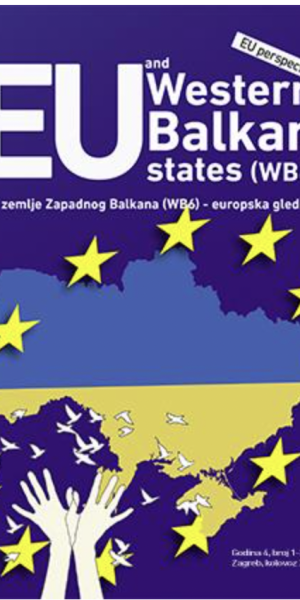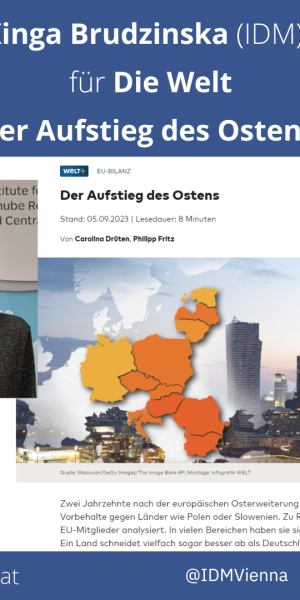You can read or download this PPS by clicking on the picture above.
Citizens Engagement in Central and
Eastern Europe – In Search of Systemic
Solutions
Kinga Brudzinska
Central and East European (CEE) countries lack a strong culture of civic participation. It is therefore no wonder they have either little or almost no deliberative experience. One exception is Austria, which has the highest number of representative deliberative processes for public decision-making in the region. As there is limited scientific research on deliberative democracy, there is no evidence that it advances long-term civic participation in public life. Yet, if there is even a slight chance that it helps to foster greater trust in government and contribute to strengthening democracy, it is worth giving it a try, especially in CEE countries in which citizens’ apathy and societal polarisation are growing. As such, Austria could be a good reference point for the countries in the region.
PS: Recommendations
- Public bodies in CEE interested in implementing deliberative methods should not choose to use them simply because they are fashionable. Once there is a commitment to establish a representative deliberative process, it should be institutionalised so that it happens regularly and creates a culture of participation.
- The public administration should make sure that the process is as open and transparent as possible and that it is accountable and auditable. It should be easy to demonstrate that it is not biased or attempting to skew outcomes.
- As there is no “one-size-fits-all” approach to deliberation, each country, region or municipality can create a tailored made model that fits it best, unless the random selection of citizens forms part of the selection process and fundamental phases of the process, such as learning, deliberating, and drafting recommendations collectively, are preserved.
- CEE countries should not reinvent the wheel but get inspired by countries in the region that already have experience, such as Austria, Estonia or Poland, and learn from their lessons and good practices. Another source of knowledge is the international organisations that closely follow the surge in deliberative democracy initiatives, such as the OECD and the Council of Europe.


